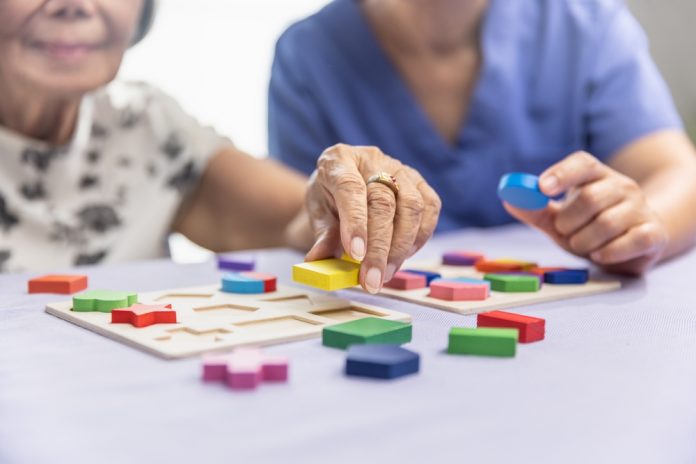As we journey through life, our memories become the precious threads that weave the fabric of our experiences. For senior citizens, maintaining and enhancing memory function can be a key factor in preserving cognitive vitality and overall well-being. Fortunately, there are a variety of techniques and activities that can help seniors sharpen their memory skills and keep their minds active and engaged.
Embrace the Power of Puzzles
Puzzles are not only enjoyable pastimes but also powerful tools for boosting memory. Activities like crossword puzzles, Sudoku, and jigsaw puzzles challenge the brain, encouraging it to form new neural connections and strengthen existing ones. Regular puzzle-solving sessions can improve cognitive function, enhance problem-solving skills, and even stave off age-related memory decline.
Dive into Memory Games
Memory games are specifically designed to exercise and enhance memory function. These games often involve tasks such as matching pairs of images or remembering sequences of numbers or words. Playing memory games regularly can improve short-term memory, attention to detail, and mental agility. Whether it’s a classic game of Concentration or a digital app specifically tailored for memory training, the benefits are significant.
Cultivate Mindfulness and Meditation
Mindfulness and meditation practices offer a holistic approach to memory enhancement by promoting relaxation, stress reduction, and mental clarity. Mindfulness techniques, such as deep breathing exercises and body scans, can help seniors focus their attention and improve their ability to retain and recall information. Meditation, with its emphasis on mental stillness and present-moment awareness, can enhance overall cognitive function and contribute to a sharper memory.
Stay Socially Connected
Social interaction is not only vital for emotional well-being but also plays a crucial role in cognitive health. Engaging in conversations, participating in group activities, and maintaining relationships with friends and family members stimulate the brain and keep memory skills sharp. Joining clubs, attending community events, or volunteering for local organizations are excellent ways for seniors to stay socially connected while nurturing their cognitive abilities.
Get Moving with Exercise
Physical exercise doesn’t just benefit the body; it also boosts brain health and memory function. Regular aerobic exercise, such as walking, swimming, or cycling, increases blood flow to the brain, promotes the growth of new neurons, and enhances cognitive performance. Additionally, strength training exercises improve overall physical health, which indirectly supports brain function by reducing the risk of conditions like heart disease and diabetes that can impair cognitive abilities.
Maintain a Healthy Lifestyle
A balanced diet, adequate sleep, and stress management are fundamental pillars of a healthy lifestyle that supports optimal brain function. Eating a nutrient-rich diet that includes plenty of fruits, vegetables, whole grains, and lean proteins provides essential vitamins and minerals that nourish the brain. Prioritizing quality sleep allows the brain to consolidate memories and recharge for the day ahead. Managing stress through relaxation techniques, hobbies, and leisure activities helps protect against cognitive decline and supports overall mental well-being.
Forget-me-not
Memory is not a fixed entity but rather a dynamic aspect of our cognitive function that can be nurtured and strengthened throughout life. By incorporating a variety of techniques and activities into their daily routines, senior citizens can maintain and even improve their memory function well into their golden years. From puzzles and memory games to mindfulness practices and social engagement, there are countless opportunities to unlock the power of memory and enhance the quality of life for seniors everywhere.








